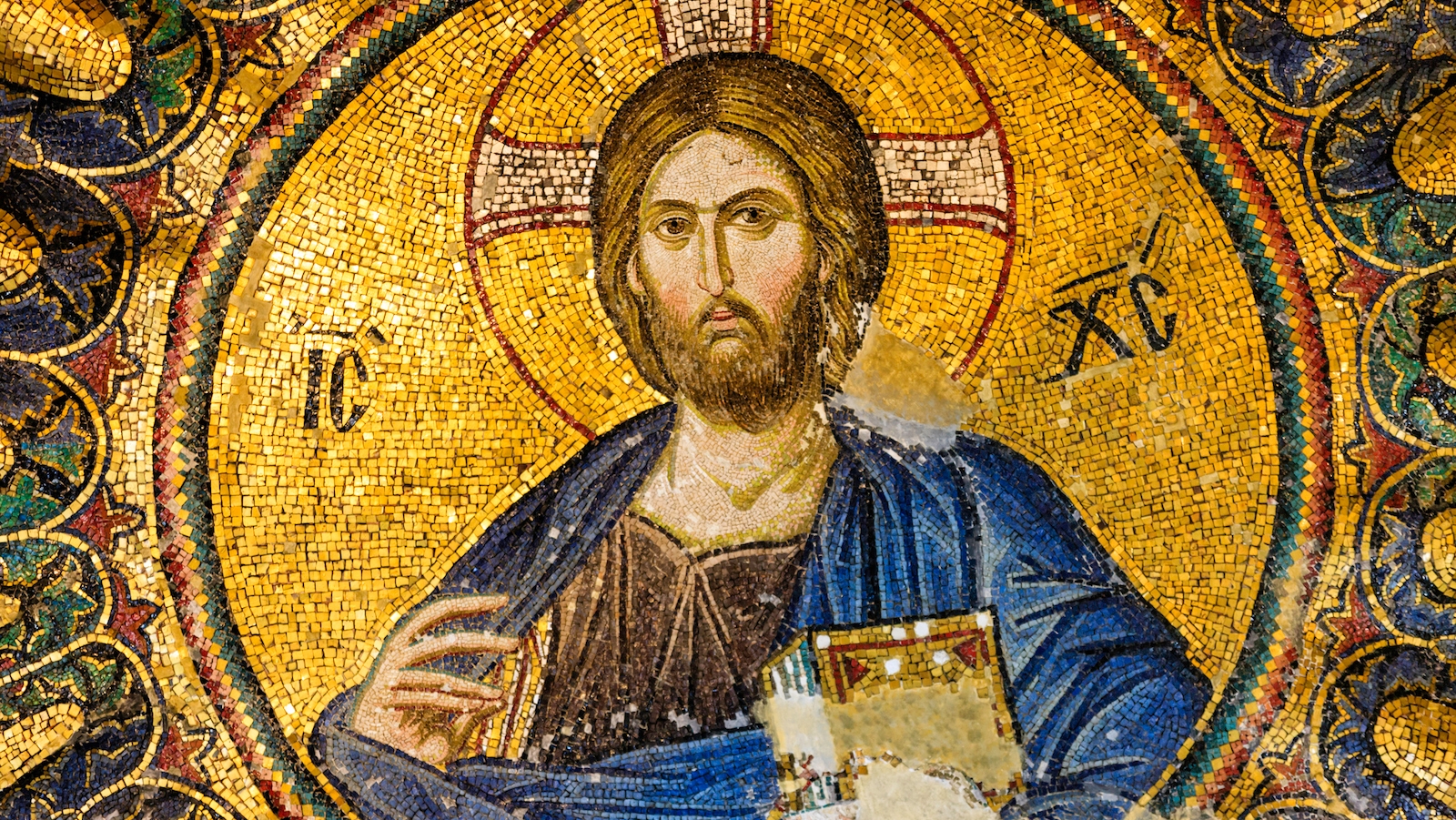IV SUNDAY IN ORDINARY TIME - Deuteronomy 18:15-20
Moses tells the people that God will raise “a prophet like myself” for them (Dt 18:15). This passage was always understood as a promise that God would not abandon his people and that he would send the Messiah, a second Moses to guide and instruct the people of God.
The Muslims understand these words as a prophecy about Muhammad, whom they consider to be the last and the greatest of the prophets. For them, Muhammad is the Prophet that supersedes all the prophets and it is to him that God made the final revelation. The profession of faith of Islam - the shahada - is made up of two simple statements: There is no god, but Allah: Muhammad is the Messenger of God. All those who do not accept these two twin statements are considered infidels (kafir) and are destined to hell.
It is a common belief among the Muslims that the Jewish and Christian Scriptures announced the coming of Muhammad (see Is 29:11-12; Jn 14:16-17). One of the most important passages presumably referring to Muhammad is Dt 18:15-20, read as the first reading in this Sunday’s liturgy.
If we read attentively Dt 18:15-20 and all other passages supposedly referring to Muhammad and try to understand them within the text to which they belong, we cannot see how they would possibly refer to Muhammad. The Deuteronomy speaks of a prophet “from among you, from your brothers” (Dt 18:15 ESV), very clearly saying that this prophet will a member of the people of Israel, and we cannot see how Muhammad can be considered an Israelite or a Jew. And that was one of the main reasons why the Jews of the Arabian Peninsula did not recognise him as a prophet. As a consequence, Muhammad got rid of the Jews of Medina.
Christians have always interpreted this passage as referring to Jesus Christ. The Gospel of John tells us that “Philip found Nathanael and said to him, “We have found him of whom Moses in the Law and also the prophets wrote, Jesus of Nazareth, the son of Joseph.” (Jn 1:45). The disciples considered Jesus as a prophet, describing him in the words of Moses: “Jesus of Nazareth, a man who was a prophet mighty in deed and word before God and all the people” (Lk 24:19) In his sermon to the people, Peter presents the resurrection of Jesus as the proof that he is the fulfilment of all the prophets and of the promises made by them. He is the prophet announced by Moses (Act 3:18-26).
In the scene of the Transfiguration, the voice from heaven spoke: “This is my beloved Son, with whom I am well pleased; listen to him.” (Mt 17:5) Listen to him is the same command given through Moses: “it is to him you shall listen.” (Dt 18:15)
This Sunday’s gospel tells us that Jesus’ “teaching made a deep impression on them because, unlike the scribes, he taught them with authority.” (Mk 1:22). Jesus is the Christ (Messiah). He is the true Prophet. And he brought the last and final revelation: “Long ago, at many times and in many ways, God spoke to our fathers by the prophets, but in these last days he has spoken to us by his Son, whom he appointed the heir of all things, through whom also he created the world. He is the radiance of the glory of God and the exact imprint of his nature, and he upholds the universe by the word of his power.” (Hb 1:1-3)



